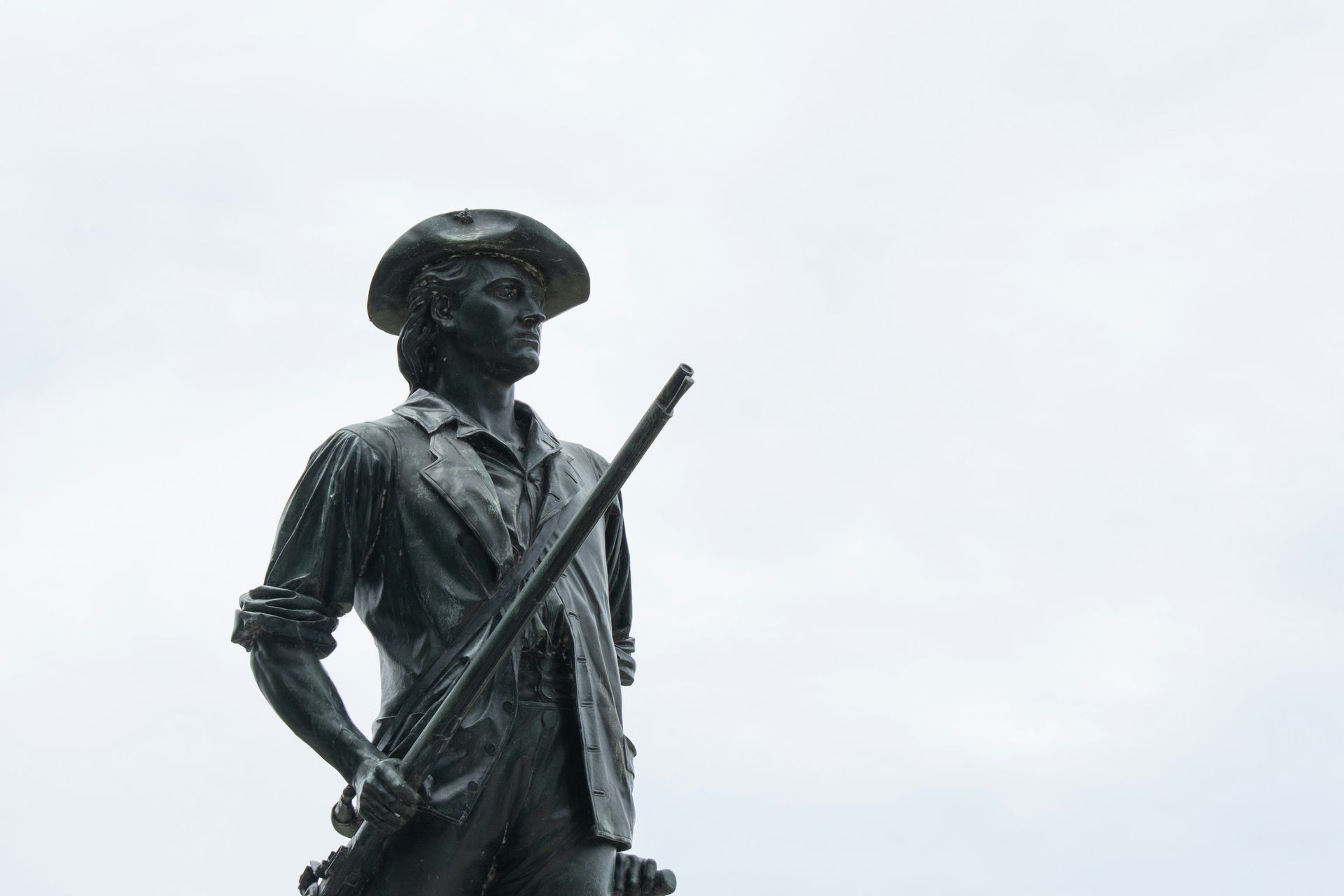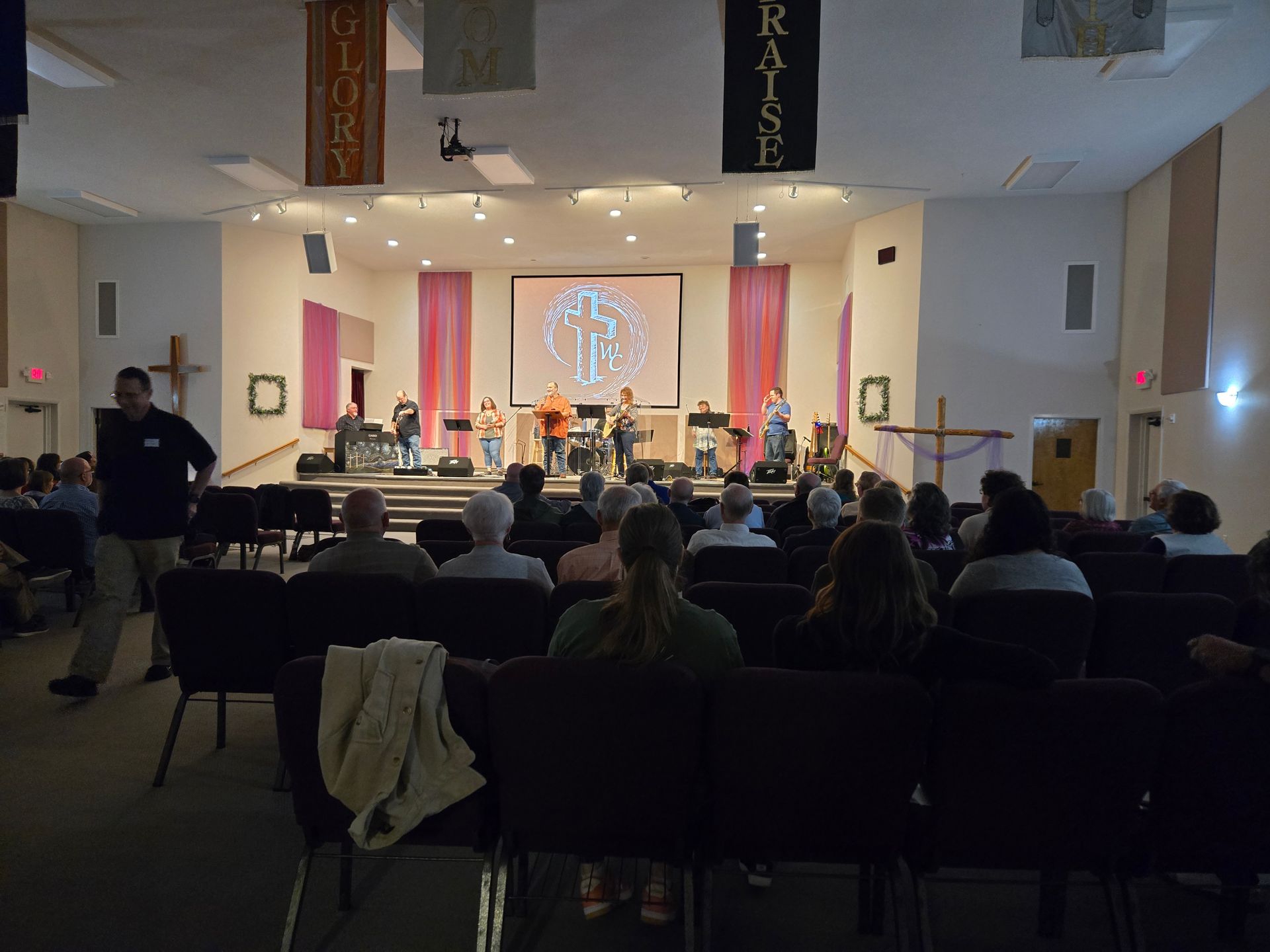Row the Boat
“Row the Boat” is P. J. Fleck’s signature phrase. Fleck, now the head football coach at the University of Minnesota, instituted the slogan while he was at Western Michigan. The oar represents the energy that we bring to life and never giving up, and the boat is the sacrifice made for the program. The bigger the sacrifice, the larger the boat grows.
Fleck ends interviews with “row the boat,” players carry oars when the team runs onto the field, and “row the boat” apparel is ubiquitous at Minnesota. Fleck has trademarked the slogan.
Boat-rowing—the energy that we bring to our faith—has been a quandary for Christians ever since the Apostle John said that we are saved by faith (John 3:16) rather than works, which contrasts with numerous Biblical exhortations about actions, relationships, and, well, rowing. Do justice, go the second mile, turn the other cheek, feed the hungry, put away the sword, be a Samaritan, and on and on.
The early Brethren, while acknowledging the role of faith, emphasized works. Those considering baptism, the doorway into the fellowship, contemplated entry into a life of countercultural outsiderness and conforming to the faith group, that is, a life filled with works. The minutes of Yearly Meetings, which often drifted into minutiae, suggest that these generations of Brethren may have lost the balance between faith and works, but they sacrificed enormously for their faith—more than I can do—and their numbers increased. Rowing the boat worked for them
Pulling on the oars also makes sense for modern Brethren facing troubled times. Indeed, the larger world appears overwhelming. Ukraine (with possible nuclear escalation), climate change, hurricanes, drought, and inflation all loom, and with the November election just a few weeks away, the crisis du jour is political chasm and threats to democracy. Ironically, both left and right fear coming civil war, though for vastly different reasons. We are on the brink.
By relying on the works side of faith, Brethren can pour oil onto these troubled social waters. Brethren can make society better by voting for civility, integrity, and democracy, by running from agitators and manipulators, and by rejecting the politics of rudeness. Pull on the oars to make the social and political world a better place, one that looks for ways to work together rather than to win by dividing.
Admittedly, this is easier to say than to do. To be perfectly honest, all of us cast embarrassing votes. (We all sin!) We’re stuck with the candidates we have, not the candidates we wish for, and the temptation is to accept very bad behavior from a candidate who represents our tribe and who may support some, if not all, of our values. The trick for persons of faith is to cast these disappointing ballots as infrequently as possible and to keep moderation and social healing in mind constantly. (Try to sin less!) Put another way, be careful about getting close to partisan and party politics; the early Brethren, who were non-voters and, thereby, missed opportunities to witness politically, at least had this part of it correct.
Brethren can’t calm the waters all by themselves, but if they grab an oar and pull hard, it will help. For America to return to stability, individual Americans must stand up for comity, manners, and basic respect for the democratic process. So, this November practice your faith—do a good work for society—by voting for candidates who don’t make things worse. This feels like a low bar, but this is where we are.
Row the boat.
Dr. Stephen Longenecker, Ph.D. is the Edwin L. Turner Distinguished Professor of History at Bridgewater College, and author of six books, including Gettysburg Religion: Refinement, Diversity, and Race in the Antebellum and Civil War Border North. Stephen serves as a distinguished historian in the Church of the Brethren and an expert voice on Brethren in early America










